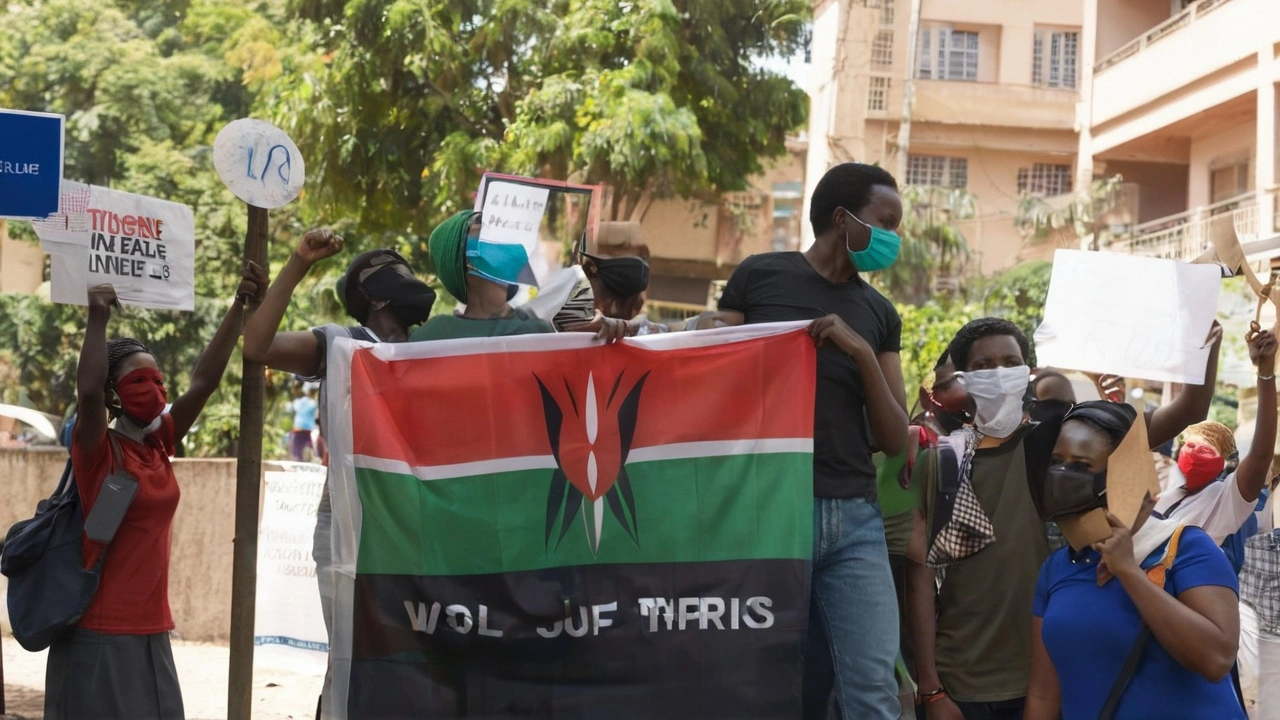Lebanon crisis: what’s happening now and why it matters
Lebanon has been living through a deep crisis that touches everything: the pound’s collapse, long power cuts, fuel and medicine shortages, and high unemployment. The situation affects daily life and sparks frequent protests, political stalemate, and rising emigration. If you want quick, practical context and what to do next, this tag gathers updates and useful guidance.
What’s causing the crisis?
The crisis didn’t start overnight. Years of public debt, weak governance, and banking rules that froze people’s savings pushed the economy over the edge. The Lebanese pound lost most of its value since 2019, making imports painfully expensive. The 2020 Beirut port explosion damaged infrastructure and business trust, while a crowded refugee presence added pressure on services. Political deadlock and competing factions slowed reforms and stalled international aid and IMF talks.
All this means companies can’t import basic goods easily, hospitals face medicine shortages, and power grids are unreliable. Fuel shortages lead to long queues and daily blackouts; many people now rely on private generators, which are costly and polluting. These are concrete, everyday problems for families and businesses across the country.
How this affects you and what you can do
If you live in Lebanon: keep some emergency plans. Keep important documents handy, know the location of the nearest hospital, and have contact details for your local embassy or consulate. Use multiple news sources to confirm major events; false reports spread fast during protests. For money, many people prefer holding some hard currency or using trusted digital wallets and remittance services — but check sources and fees carefully.
If you plan to travel: check travel advisories from your government and register with your embassy. Avoid large gatherings and protest areas, especially at night. Expect shortages and carry basic meds and water if possible. Book flexible tickets and have a backup plan in case borders or services change quickly.
If you want to help: donate to vetted charities and local NGOs focusing on food, medical care, and shelter. International groups like the Red Cross and UN agencies often coordinate relief; smaller local groups can deliver aid more directly but verify them before donating. Small, regular support often helps more than one-off gifts during chaotic moments.
To stay updated, follow a mix of reliable Lebanese outlets and international news organizations, and cross-check major claims. This tag will collect reporting, analysis, and practical advice so you can follow the crisis without wasting time on rumours. Bookmark this page and check back for the latest stories and useful tips on staying safe and informed in Lebanon.

Kenya Launches Urgent Mass Evacuation for Citizens from Lebanon Amid Rising Middle East Tensions
Keabetswe Monyake Aug 6 19The Kenyan government is rapidly moving to evacuate its citizens from Lebanon amid escalating Middle East tensions. Rising fears of conflict have prompted the State Department for Diaspora Affairs to urge Kenyans to register for evacuation and relocate to safer areas. The call comes as violence between Israel and regional groups intensifies.
More Detail